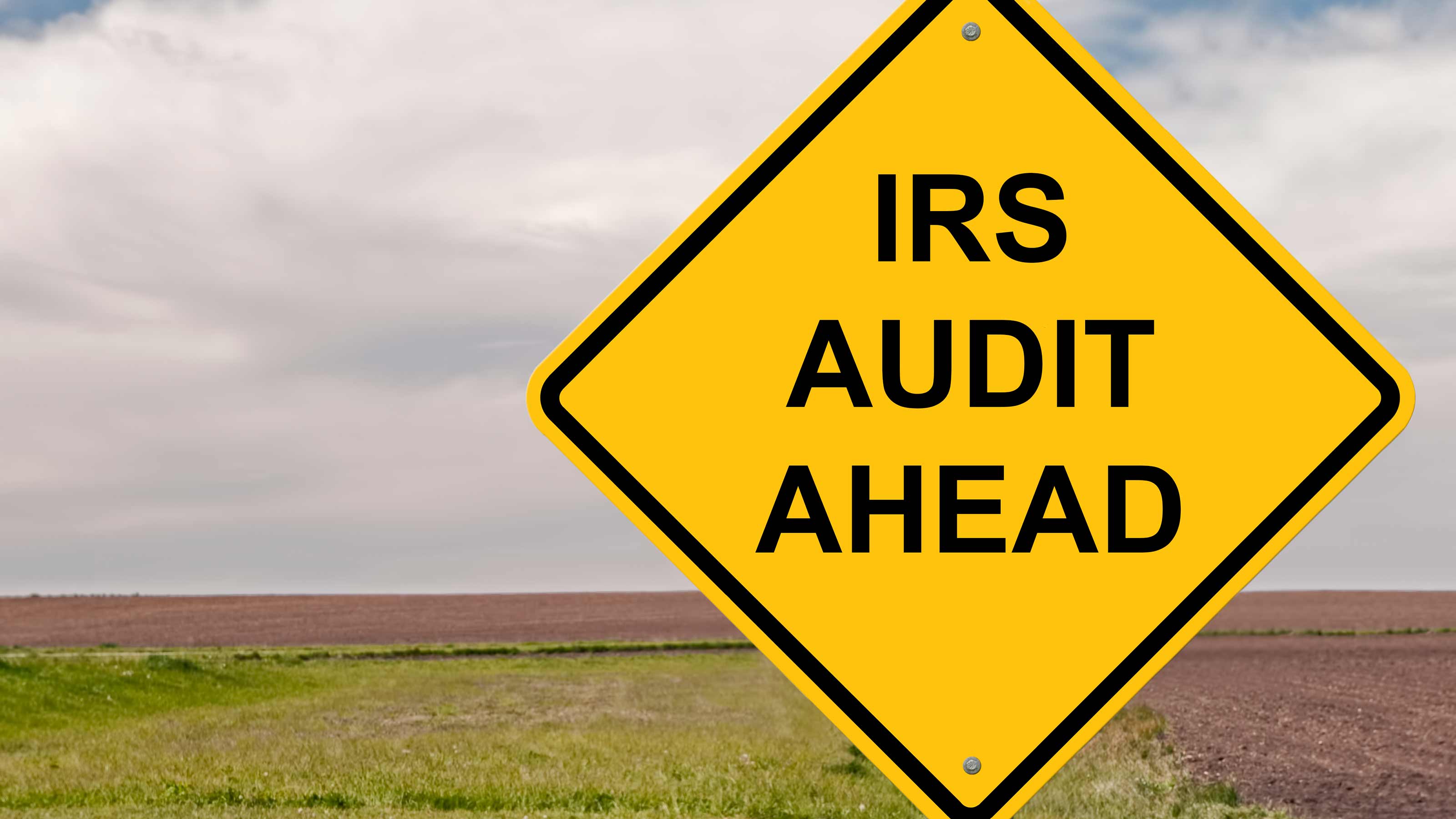
Getting the right tax advice and tips is vital in the complex tax world we live in. The Kiplinger Tax Letter helps you stay right on the money with the latest news and forecasts, with insight from our highly experienced team (Get a free issue of The Kiplinger Tax Letter or subscribe). You can only get the full array of advice by subscribing to the Tax Letter, but we will regularly feature snippets from it online, and here is one of those samples…
The IRS is ramping up its enforcement efforts in large part due to its spending windfall. In 2022, lawmakers promised the agency $80 billion, to be spread out over 10 years. This is in addition to the IRS’s regular annual funding. Over half the money is for increased enforcement and collection measures.
This year, Congress clawed back 25% of the funding. Last year, the IRS released its operating plan, discussing what it would do with the extra money. On enforcement, the IRS said it would do more audits of big C corporations and partnerships, individuals with high income or high wealth, cross-border activities, digital currency and more.
The IRS has now updated that plan, giving a more specific audit roadmap. Large corporations would see their audit rates skyrocket under the IRS’s plan. The overall audit rate for 2019 C corporation Form 1120 tax returns was 0.4%, while C corps reporting $250 million or more in assets had a nearly 9% audit rate. The IRS wants to raise that 9% figure over time until it reaches 22.6% for 2026 returns. Expect audit rates of C corps with less than $250 million in assets to also go up.
Audit coverage of large partnerships and S corporations would increase to 1%. This number might seem small, but considering that for several years the audit rate for partnerships and S corps has hovered around 0.1%, it really is a sizable jump. The IRS’s updated plan projects that audit rates for pass-through entities with $10 million or more in assets would rise until they reach 1% for 2026 Forms 1065 and 1120-S.
Wealthy individuals with lots of income would also feel more audit heat. The IRS’s overall audit rate for 2019 individual returns was 0.3%. But individuals reporting $1 million or more of income had a higher audit rate: 11% for 2019 returns reporting $10 million or more of income, 3.1% for returns with income of over $5 million and under $10 million, and 1.6% for returns reporting income between $1 million and $5 million. The IRS wants to raise the 11% figure for people with $10 million or more of income to 16.5% for 2026 Form 1040s. Other high-incomers will see more audits, too. The IRS will also use its regular annual funding to do audits of other individuals, as it has in the past.
The IRS pledges to not hike audit rates for taxpayers earning $400,000 or less. More specifically, the agency vows that individuals and small businesses with earnings of $400,000 or less will not see more audits when compared with historic rates. It is our understanding that this applies only to taxpayers with total positive incomes up to $400,000, meaning income before taking losses and deductions on the return. Also, according to the IRS commissioner, the audit rate on 2018 returns will be used for the purpose of the historic rate comparison. The overall audit rate for 2018 returns was 0.3% for individuals, 0.6% for C corps and 0.1% for partnerships and S corps.







